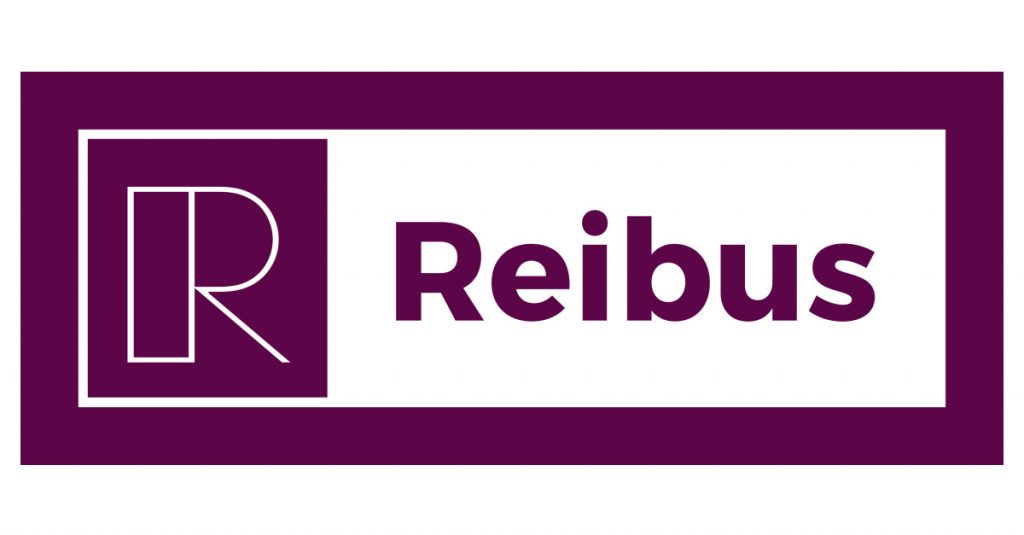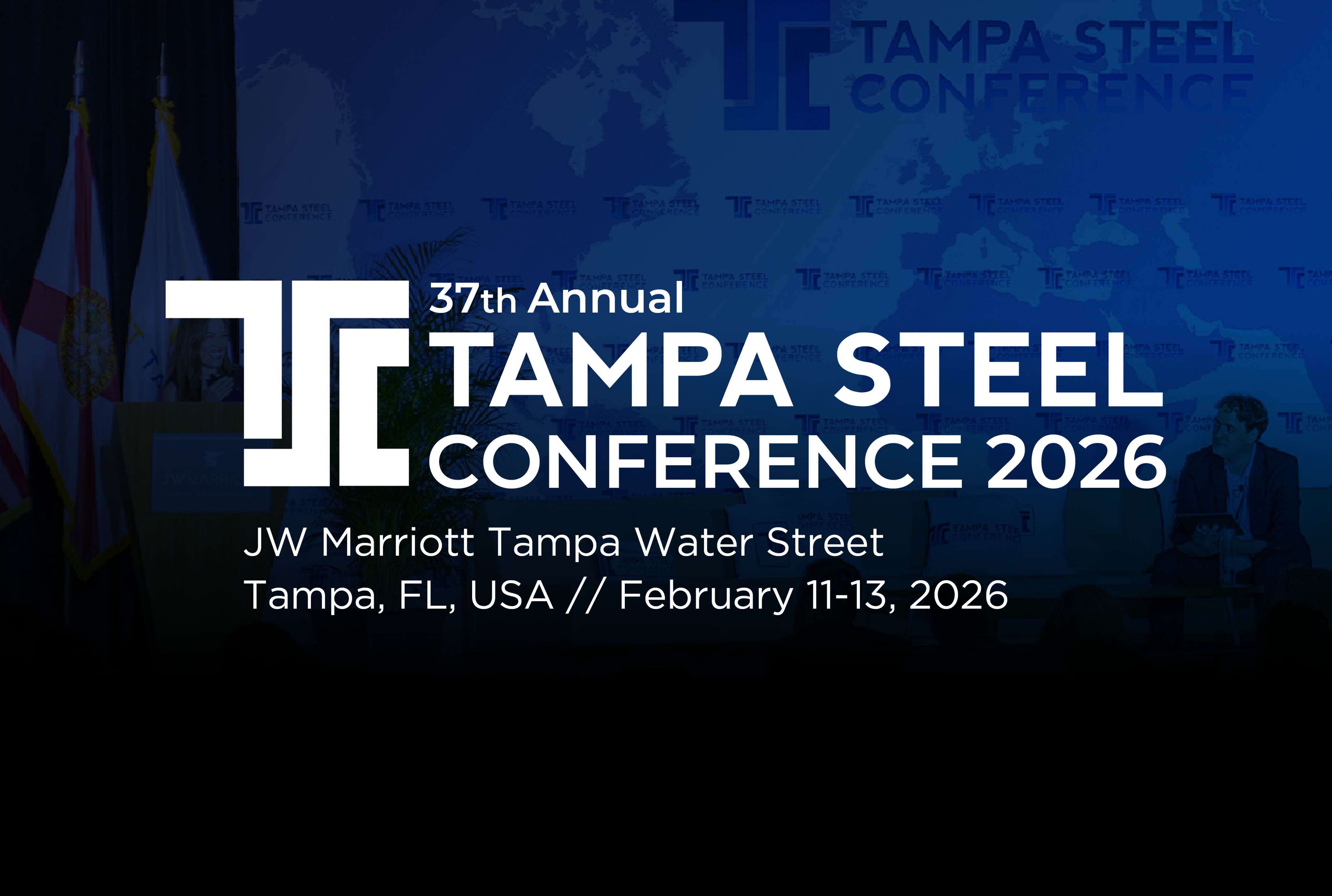Community Events

May 30, 2024
Exclusive: SMU talks the evolution of Reibus with new CEO Jared Rowe
Written by Laura Miller
Reibus International Inc. is a growing and maturing company, finding its way in the world of steel. Like any youngster, it is moving through growing pains but pushing through to reach new heights.
After rapid growth in its infancy, six-year-old Reibus is now naturally transitioning from being a founder-led company to a management-led one, according to its new leader, Jared Rowe.
Steel Market Update was happy to sit down with Rowe on Tuesday to get to know the new steel industry executive and to catch a glimpse into the future of the Reibus online metals marketplace under his leadership.
Allow us to introduce you to…
Jared Rowe, the newly appointed CEO and chairman of the board at Reibus, brings with him a wealth of executive experience spanning more than 20 years in the technology and digital marketplace sectors.

His leadership roles at Cox Automotive, AutoWeb, FordDirect, and YP.com—particularly his tenure at Cox where he oversaw the media solutions group including the popular Kelley Blue Book, AutoTrader, and Dealer.com—have equipped him with the skills and insights to help drive Reibus further towards maturity.
Having led several digital transformation initiatives and marketplace expansions, Rowe is excited to make his entrance into the steel industry with Reibus.
While he may be brand new to steel, Rowe said he sees patterns across the industries he’s served in and believes steel will be a natural fit for him.
For example, there are many parallels between what Reibus is trying to do and what Cox has done for the automotive industry, he said. In automotive and in steel, “Relationships matter, understanding your customers’ needs matters, and servicing your customers’ needs matters,” he noted.
Starting point
Rowe is taking over where founder and former CEO John Armstrong and interim CEO Temy Mancusi-Ungaro left off.
Reibus was founded in 2018 and expanded quickly, perhaps beyond where it should have. It’s been quite successful, considering it survived the unique challenges of Covid as a start-up company.
From 2022 to 2023 alone, Reibus’ combined North American transaction volume for metal sales and logistics grew more than 50%.
Now, Rowe said, we’re seeing a “retrenching” of the company. It is shifting from rapid growth to investing in the platform—the foundation of the company—to better support customers and the company’s future growth opportunities.
He credited Armstrong, who stepped back as Reibus CEO in the fall of 2023, with doing an amazing job building a great culture and strong team made up of steel industry veterans and technology-side folks.
Since SMU spoke to Armstrong in March last year, Reibus has had to cut its workforce in half. Today, it employs around 100 people worldwide, but mainly in North America.
Additionally, Rowe said Reibus is shifting its focus back to predominantly North America. The company closed its Dubai office in 2023 and is currently winding down its operations in Europe.
Where do we go from here?
Rowe said Reibus is transitioning from a focus on the original concept and buildout of the online metals marketplace platform to a path toward more sustainable, long-term growth. Instead of trying to be everything to everyone, the focus will be on providing “demonstrably” better systems and processes for its core customer group: service centers.
Throughout our conversation, Rowe stressed the importance of listening to customers and evolving Reibus’ offerings to meet their needs.
“I tend to believe that the best ideas come from our customers in terms of how we can modify our technology and our approach to actually support their end goals. Our customers’ success is our success. It’s not the other way around,” he commented.
It is critically important for Reibus to identify users’ pain points and solve them so that they will want to do business again, Rowe said. The goal is to deliver so much value to a client, i.e., to make their jobs easier and better, that they want to use the platform.
Capital infusion
Reibus this week also announced a fresh injection of new capital to further stabilize the company: $30 million in a combination of equity and debt from existing investors Canaan and Nosara, and new banking partner HSBC.
Rowe said that with the funding, there will be “a heavy focus on product and innovation around the platform,” as that is the core of Reibus’ work and the value it provides.
“Candidly, one of the reasons why I’m excited is because this isn’t about invention. This really is about optimization and evolution,” he remarked.
Evolution, not revolution
“Reibus is here to help the industry, to be part of the ecosystem, as opposed to trying to dramatically change systems and processes that have been in place for a very long time,” Rowe told SMU.
And he hopes Reibus will play a small role in helping the steel industry continue on its natural path to digitalization.
“We view this as a journey of evolution, as opposed to disruption or revolution,” he stated.
Rowe said several things are needed for a marketplace to flourish, including having an abundant population of buyers and sellers, being trust-infused, and delivering value on both sides of the transaction.
By being transactionally focused, Reibus brings economic value equally to both buyers and sellers in the steel industry, he said.
“What we’re really trying to do here at Reibus is simply help our buyers and sellers be more efficient, effective, and profitable,” he put it simply.
Rowe stressed that Reibus is here to stay. “We’ve got a good solution,” he said, and thinks that by listening to its customers more, Reibus will be able to deliver even more value to those customers, stakeholders, and the industry.
SMU will host Jared Rowe on an upcoming Community Chat. Stay tuned for details.






